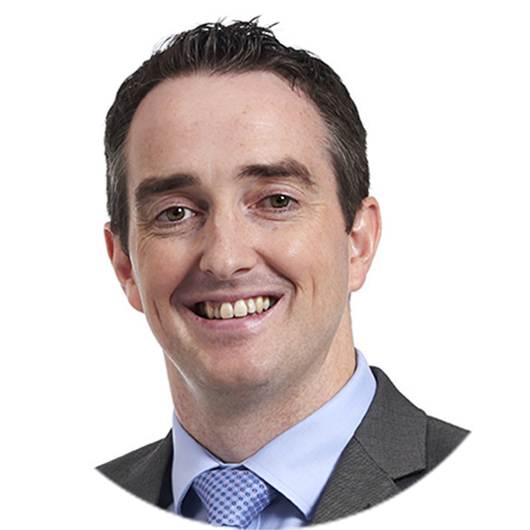CEMFI Summer School
Using Textual Data in Empirical Monetary Economics
Instructors
Dates
25-29 August 2025
Hours
15:00 to 18:30 CEST
Format
In person
Practical Classes
There will be between two and three voluntary sessions in the afternoon (from 11:00 to 13:00) led by a teaching assistant. Exact dates will be announced before the beginning of the course.
Intended for
Academic researchers and researchers in policy institutions who are interested in using unstructured textual data in their work.
Prerequisites
A basic familiarity with macroeconomics, econometrics, probability, and statistics at advanced undergraduate level. Some familiarity with the basics of Python will be useful for the applied sessions.
Overview
Central banks are charged with setting interest rates, and other related policies, to manage the business cycle. They are a part of the 24-hour news cycle, make their decision announcements with statements and press conferences, and they actively try to engage not only their traditional audiences, financial markets, but also a wider public. Communication became a policy tool in its own right when nominal interest rates hit their effective lower bound in the midst of the global financial crisis.
But this revolution of increasing transparency and an increasing role of communication brings challenges to central banks, and to the academics who study them and their policies. The changing framework shifts the emphasis from interest rates to words. But most of economic analysis is not designed to study words. To do so, requires the use of tools from computer science and the field of natural language processing. This course will explore how we, as researchers, rise to these challenges by combining new data, new approaches and innovative use of new statistical methodologies from outside economics.
There are three parts to the course. The first part will introduce how we think about central bank communication within the context of traditional models from monetary economics. And how do we answer perhaps the most fundamental empirical question in monetary economics: what is the effect of monetary policy on economic and financial variables? This will highlight how existing studies typically do not isolate the effect of communication separate to policy action, but such understanding is needed to design communication strategies.
The second part explores a range of tools to deploy for the study of unstructured textual data. Broadly, this part will cover tools that allow us to measure and understand the 3 Ts of communication - Tone, Topic and Temporal dimension. This part will introduce specific tools, but given that they are evolving at a fast pace, the focus will be on how the tools can be deployed to answer the questions identified in the first part. But, of course, the focus on broad use of the tools will mean that participants should be able to deploy these tools in other areas of economics or other topics of study.
The final part will discuss how we can bring such analysis to move towards a measure of narrative. Narrative is a concept studied across a wide variety of research disciplines, ranging from classic linguistics to social sciences, engineering, and computer science. The definitions of what constitutes a narrative, however, vary widely between those disciplines. And even within economics, we are yet to converge on a precise definition of narrative; ‘Narrative economics’ defines narratives as “popular stories that affect individual and collective economic behaviour” (Shiller, 2020). Narrative economics recognises that semantic text features and especially sentiment are key in defining what narratives are; this means that narratives must be thought of as simultaneously embodying textual and meta-textual feature of discourse.
Topics
- The Monetary Transmission Mechanism and the role of communication
- Shocks vs surprises
- Measuring communication using NLP:
- Probability topic models: latent Dirichlet allocation
- Word embedding models: word2vec, GloVe
- Large language models such as BERT and ChatGPT
- Towards an empirical implementation of narrative

Michael McMahon is Professor of Economics at University of Oxford and Senior Research Fellow at St Hugh’s College. He previously worked at Warwick University and has also given courses at INSEAD, NYU, Chicago Booth, LBS and LSE. He has delivered capacity building courses throughout Asia with the IMF’s Singapore Training Institute. He worked at the Bank of England for many years. Since April 2019, he has served as a Council member of the Irish Fiscal Advisory Council, and was previously Chair of the Council.
He is a research fellow of the CEPR and Director of the Research Policy Network on Central Bank Communication. He is Deputy Director of Nuffield Centre for Applied Macro Policy (NuCaMP). He is also affiliated with LSE’s Centre for Macroeconomics where he previously co-edited the CfM Survey. He was a member of the Royal Economic Society (RES) Council, and served as the Conference Secretary on the Executive Committee. He previously served as Deputy Programme Chair for the 2017 RES Annual Conference. He was an Economics Network advisory board member (2006-2011), Treasurer of the MMF Research Group (2016-2018) and was previously Director of Impact at CAGE, Warwick (2016-2019).
His interests lie in macroeconomics of monetary economics, fiscal policy, business cycles, inventories and applied econometrics. A key feature of his recent research is the use of interdisciplinary, data science techniques to understand communication and deliberation in central banks. His research has been published in journals including the Quarterly Journal of Economics, Review of Economic Studies, Journal of Monetary Economics, Review of Economics and Statistics, Journal of International Economics and numerous others.
He holds an undergraduate degree in Economics from Trinity College Dublin, and MSc, MRes, and PhD degrees in Economics from the London School of Economics.